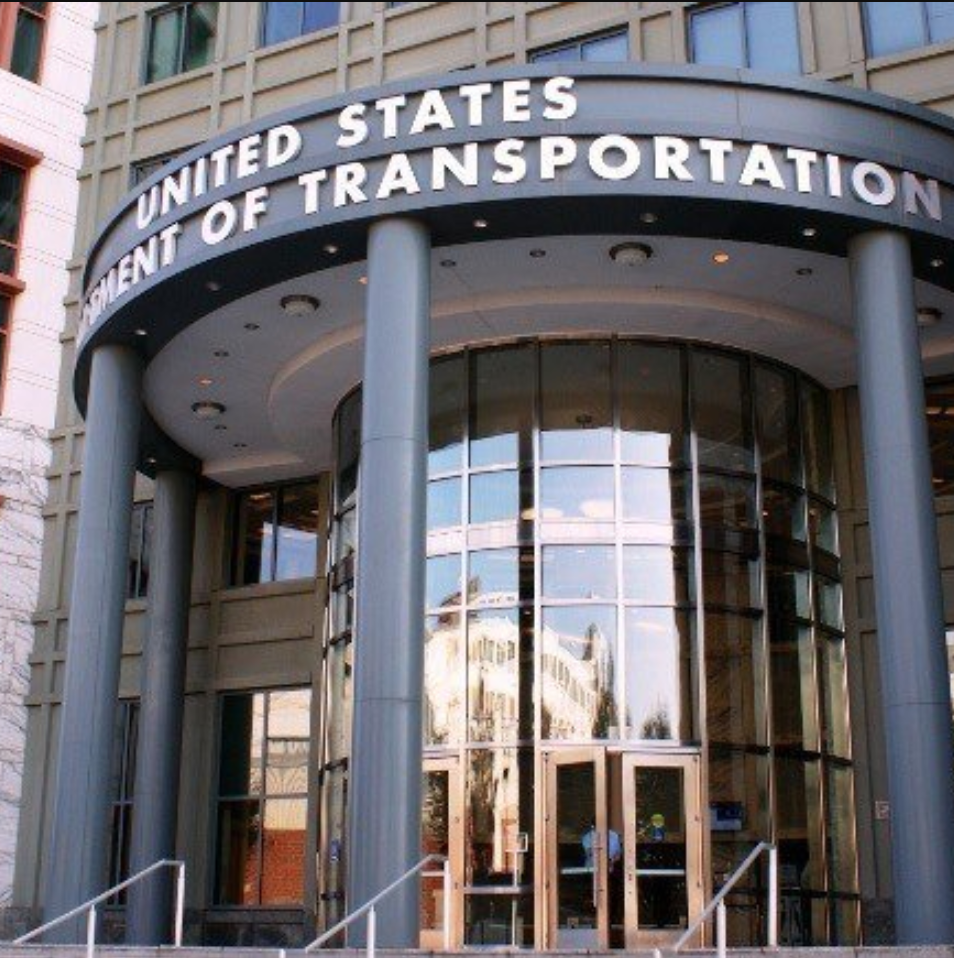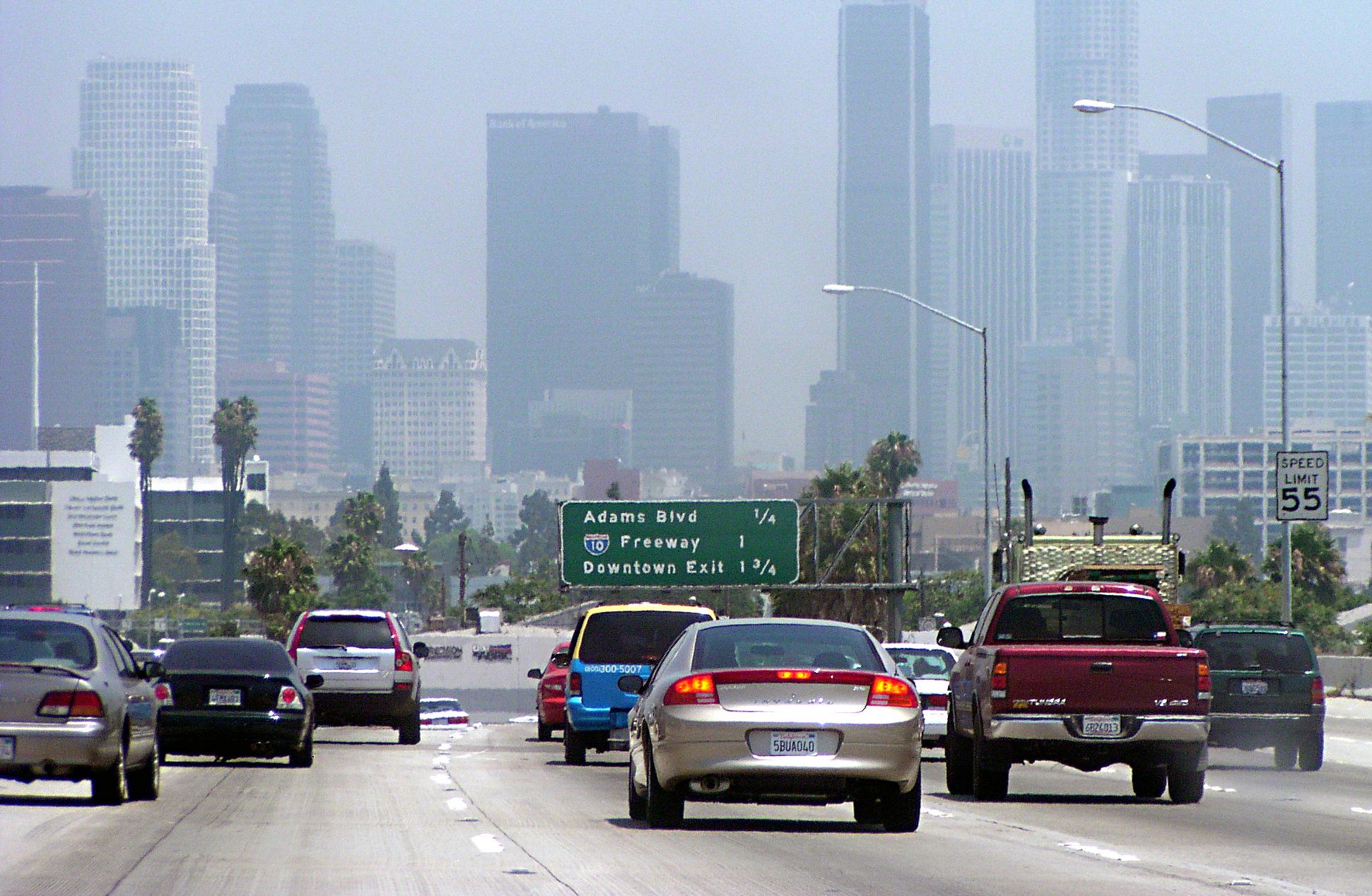Congress is currently negotiating a continuing resolution (CR) to fund the government at current levels and keep things open and functioning through December 3, but, unlike most other CRs, transportation is not in the current CR. So the race is on to pass both the surface transportation reauthorization (the Infrastructure Investment and Jobs Act, also known as the Senate’s infrastructure deal), and the budget reconciliation by the current September 27 deadline set by Congressional Democrats.
If passed, the current CR will fund only the FAA and the FHWA’s emergency fund, no other transportation programs. This means that without reauthorization, normal authorized funding provided to highways, transit, rail and other programs will come to a halt after September 30, even under this CR. Of course, these things will be funded by reauthorization and reconciliation if they pass, but that is not a given. So without the safety net of a CR, Congress must pass reauthorization by September 30 or risk a shutdown of much of US DOT. That date is coming fast, and the United States government has already begun shutdown planning procedures.
Speaker Pelosi’s dual-track approach has tied the fate of reauthorization to that of budget reconciliation — for now. If Congress can pass reconciliation, they will most likely be able to pass reauthorization. But key Senators are debating the budget’s $3.5 trillion funding level, which may mean that in order to get both bills to pass, Congress could cut reconciliation funding for the transit programs we applauded last week.
For those who wish to improve the nation’s infrastructure, reconciliation is just as important as reauthorization.
If Congress passes reauthorization without the transportation funding in the budget reconciliation package, they will cut $10 billion in transit funding and remove all operations funding for transit agencies. They will fail to provide direct funding to localities, fail to connect affordable housing to services and amenities, and fail to address the impacts of U.S. transportation policy on communities of color.
As we said when the reauthorization text was released, the bill does not represent any sort of policy shift toward safety or connectivity that our communities so desperately need. In fact, it cements irresponsible highway expansion. The transportation programs included in the budget reconciliation package move this reauthorization in the right direction.
To avoid a shutdown that could cripple transportation projects and to improve the infrastructure deal, reconciliation is just as vital to pass as the deal itself.
Editor's note: This article originally appeared on Transportation for America and is republished with permission. Following its publication, news broke that Speaker Pelosi has decided to de-link the reauthorization from the reconciliation. We will report on further developments as they arise.
Everything has changed https://t.co/aMwT0YfAoz
— Tanya Snyder (@TSnyderDC) September 28, 2021






